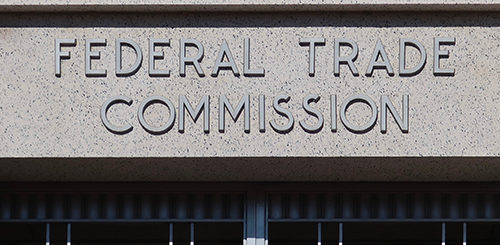DOJ Seeks to Reward Due Diligence and Timely Self-Disclosures in M&A
The United States Department of Justice (DOJ) recently announced a new department-wide Mergers & Acquisitions Safe Harbor Policy that protects acquiring companies that self-disclose criminal misconduct discovered at an acquired company. For acquiring companies that promptly and voluntarily disclose criminal misconduct, fully cooperate in the government’s investigation, and provide timely remediation, restitution, and disgorgement of ill-gotten gains, DOJ will presumptively decline to prosecute. More information is available in this e-update.













